Follow the tips below to protect cats from the heat.
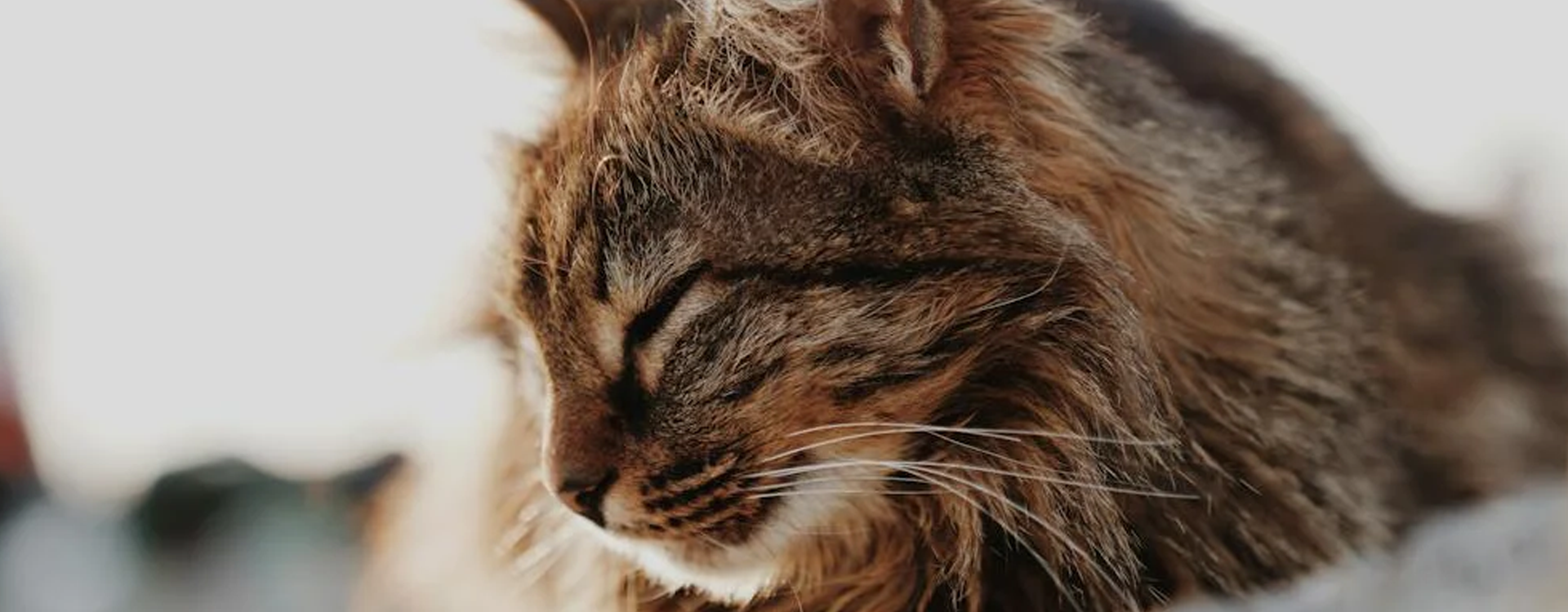
Why does my cat cough?
Coughs in cats can have different origins, so we cannot generalise, and we must bear in mind that a cough is often a reason to consult your trusted vet.
What can cause a cat to cough?
Respiratory problems: Respiratory infections, allergies, asthma or airway obstruction.
- Respiratory infections can be of viral origin, as in cats with herpesvirus, the famous rhinotracheitis which usually becomes chronic and can affect the eyes and cause sores in the oral cavity as well as inflammation, ulceration and other problems caused in the respiratory tract, calicivirus, feline leukaemia or immunodeficiency can also be involved in respiratory problems. We can also have bacterial or parasitic diseases in the lungs and it will be necessary to carry out tests to diagnose and treat them appropriately.
- Respiratory allergies in cats are usually due to allergy to dust mites, pollen, fungi and moulds or chemicals. It is very important that if you detect coughing, sneezing or difficulty breathing, you go to the vet to make a diagnosis and thus make a good management of the environment and put a treatment if necessary.
- Feline asthma is a very common health problem, we can see it in a subtle or punctual way, but it can also worsen and endanger the life of the animal, so if our cat coughs it is important to diagnose if it is asthma to have at home the means to treat it and also to maintain hygienic conditions, use a suitable litter that does not release dust, prevent the cat from having a high weight that aggravates the disease, reduce stress and thus maintain their quality of life.
- Airway obstruction, due to having inhaled a foreign body, for example a spike in cats with access to the outdoors, obstruction problems with food can also cause coughing or obstruction due to the presence of a tumour. If we see coughing or sneezing continuously, the importance of going to the vet to treat the problem as soon as possible can be decisive in saving the life of your companion.
Heart disease: Heart problems can cause respiratory symptoms, either because of compression of the trachea due to enlargement of the heart (hypertrophic cardiomyopathy) or because the lungs have accumulated fluid due to the heart problem leading to decompensation of the system.
What can we do if our cat coughs?
The main thing is to stay calm, observe and know how to react. If you see that the cough is obstructive and starts off very strong but gradually softens, you can observe to see if it disappears and if it is something like choking. But if the cough is continuous over the course of a day or several days, make an appointment with your vet.
Often the cough appears sporadically, once every two days or once a week (bear in mind that we are not with them 24 hours a day and what seems sporadic to us could be more frequent than what we see). If these sporadic coughs also worsen as the days go by, and if this is added to the appearance of apathy, loss of appetite, reduced play time or mobility, or some other symptom, we are dealing with an emergency.¿Cómo tratar la tos en gatos?
As we mentioned above, there are many conditions that can cause coughing, so the first thing to do is to get a diagnosis, coughs are never normal and are associated with a health problem. The only cough that might not be important is if they eat with a lot of anxiety and have choked and it resolves quickly, but whenever we see a cough we should always turn on the alarms and keep an eye on them.
We will go to the vet and we must tell him what we have seen, if possible record these coughs as they can give information to your vet. If you have not been able to record it, tell him what the episode was like or what the coughing episodes are like, if they are every few minutes, if they are chained episodes, whether or not they are associated with loss of activity or appetite, if they end in vomiting, if you see that in addition to the cough he has respiratory difficulty, mucus or tearing, etc.
To reach a diagnosis the vet needs as much information as possible and will need to do tests, auscultation, x-rays, and even an echocardiogram or MRI.
If I live with an asthmatic cat, should I be worried about coughing?
Cats with asthma will have episodes of coughing and breathing difficulties throughout their lives, our responsibility as family members and those responsible for their welfare is to ensure that they live in as hygienic an environment as possible (clean the dust, use unscented and dust-free litter, do not use products with scents or chemicals that may irritate them, etc.) and try to train them to let us apply inhalers or nebulised treatments, and make sure that other family members or carers are aware of their needs.
My cat is positive for a virus that causes respiratory problems, how can I help him?
Kittens positive for herpesvirus, calicivirus, feline leukaemia or immunodeficiency are more likely to suffer respiratory episodes, so we must control their living conditions and take great care of their diet.
For these cats it is extremely important that they do not suffer from cold, stress or stress, that they receive a complete diet and when they have a "slump" that we supplement them with vitamin complexes so that their organism functions as well as possible and their immune system is strong.
In short, if our compi has coughs, the main thing is to keep an eye on them and if necessary go to the vet to make a diagnosis, from then on we will have to treat our companion and provide him with the best possible living conditions.


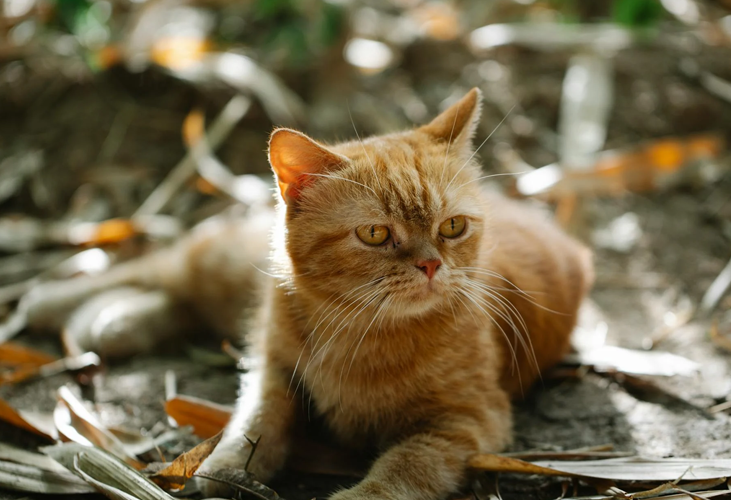
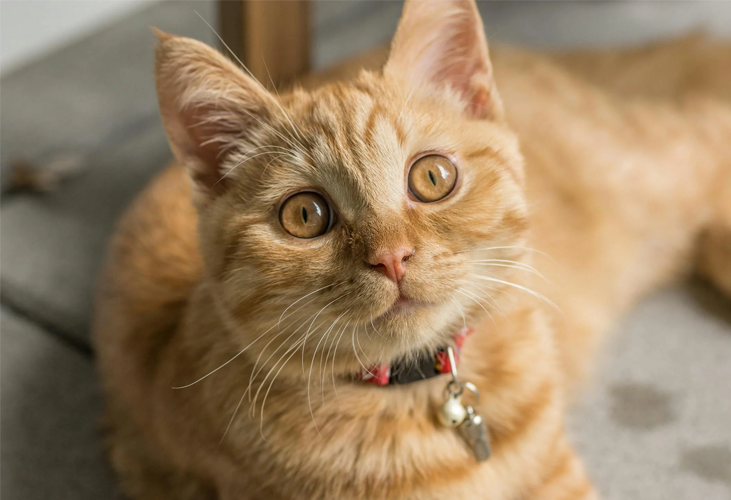
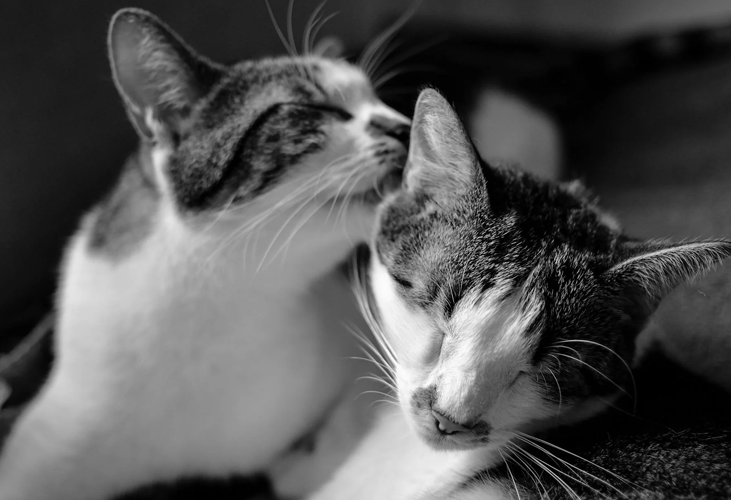

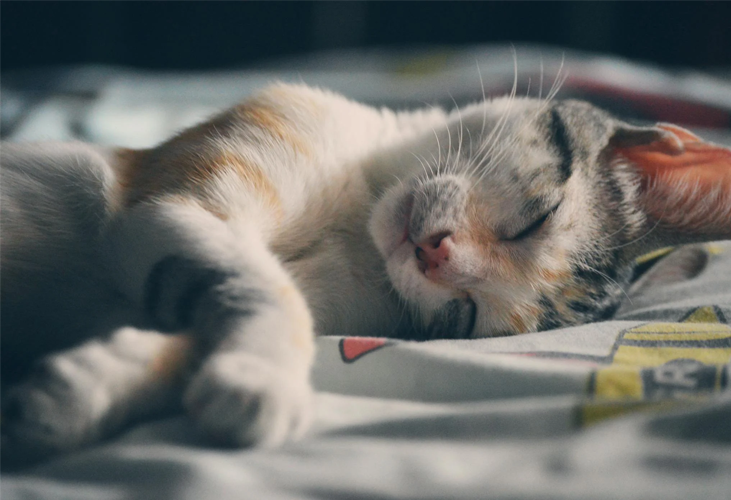
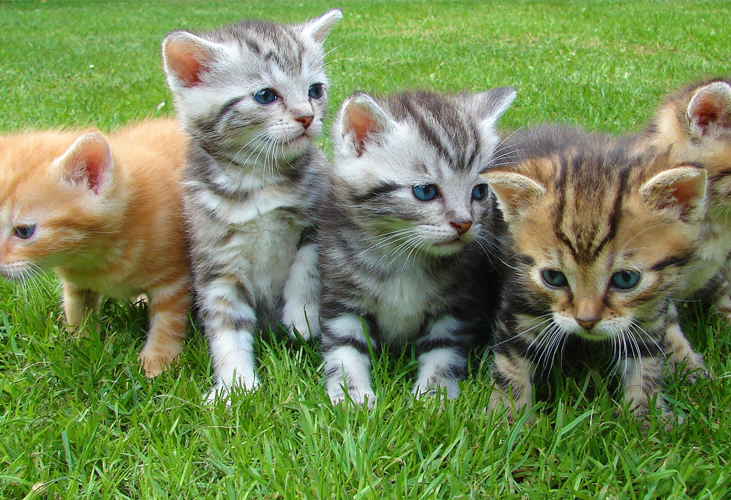
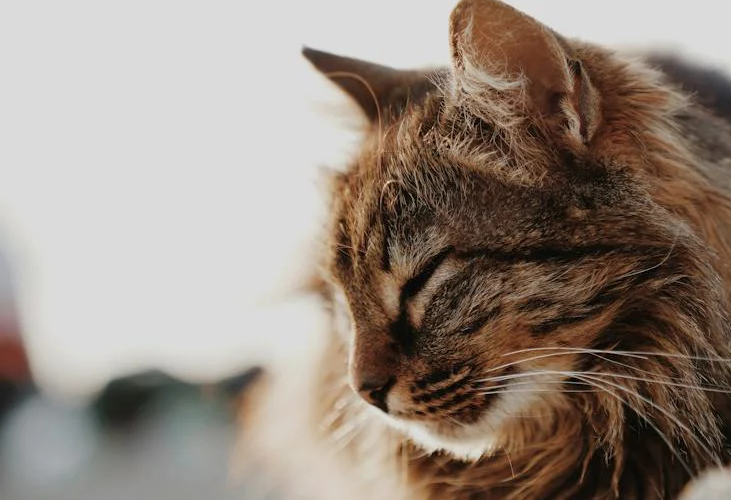

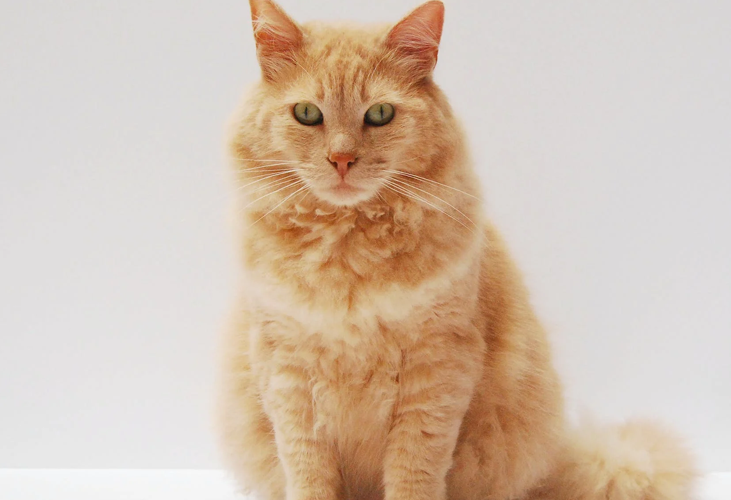
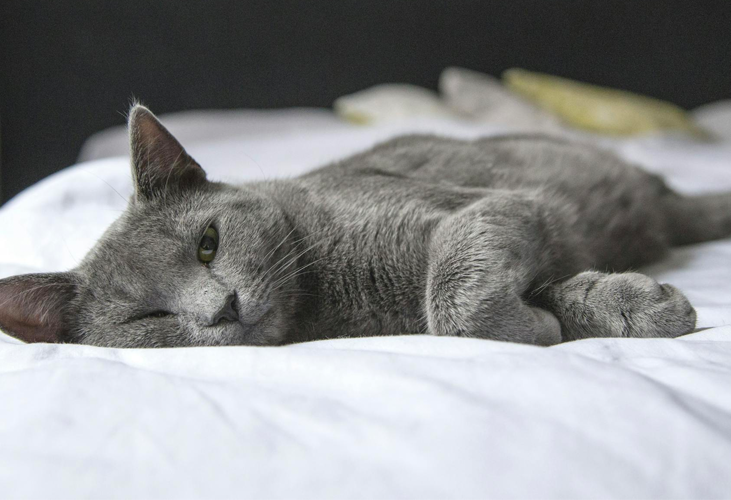
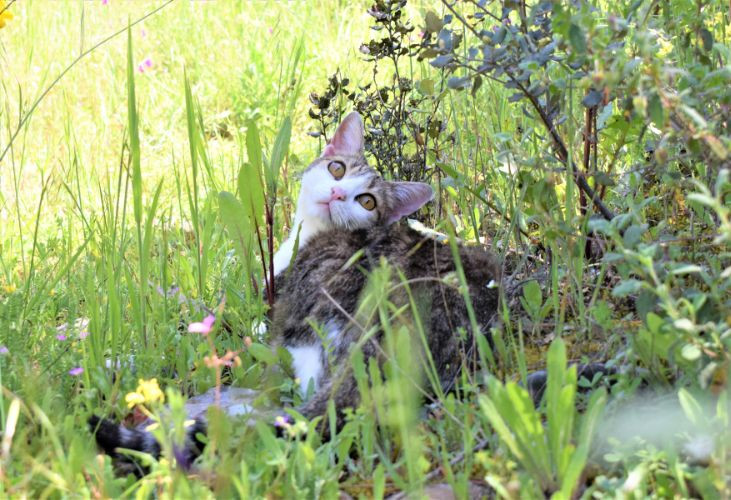
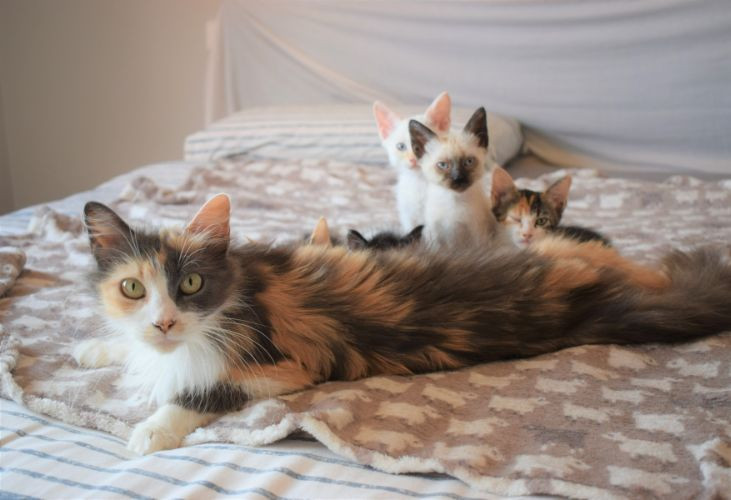
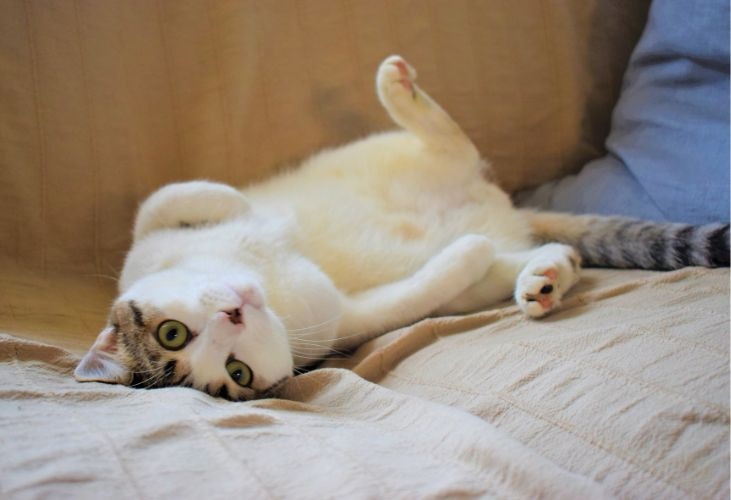
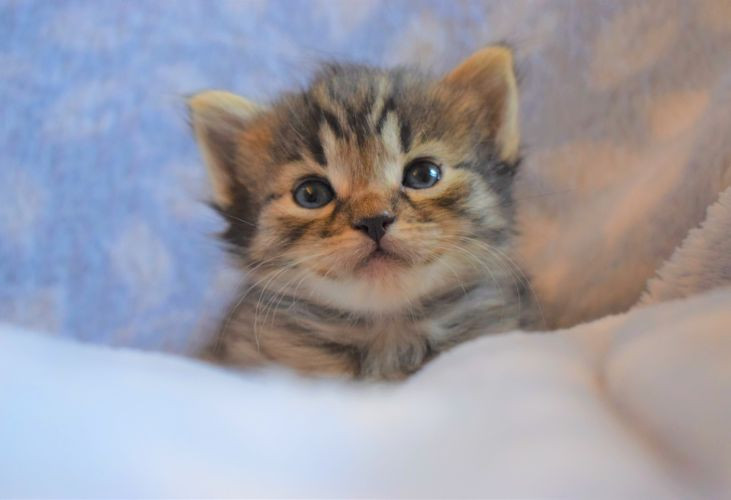
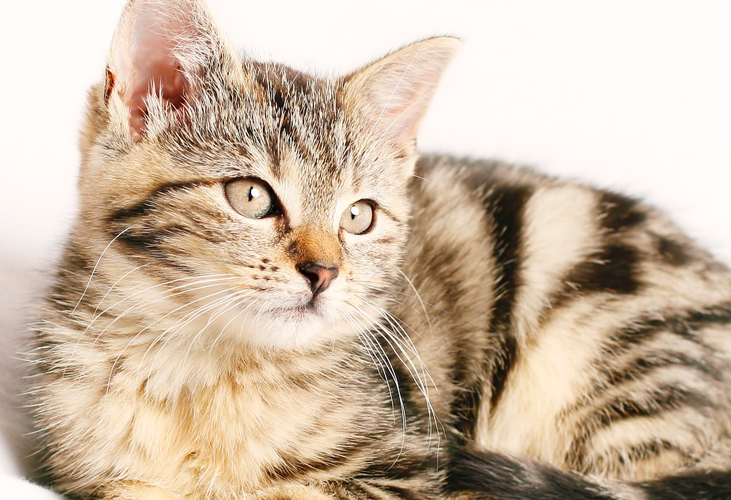
Leave a comment